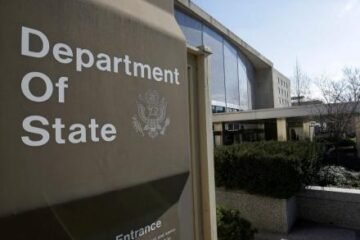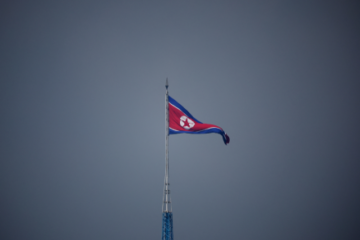Citizens battle to save China’s sickly ‘mother river’

Henan, China, Jan 10 (AFP/APP): Water has been a source of death as well as a source of life for a generation in Shenqiu, a region fed by a tributary of China’s heavily polluted Yangtze river and pockmarked with notorious “cancer villages”.
Residents often faced a bitter choice: drink dirty, discoloured water and risk sickness, or pay high prices for bottled water and risk poverty.
But artist-turned-environmentalist Huo Yalun has been on a mission to change that, installing filters to purify groundwater in the area in a bid to offer a safe alternative for ordinary people.
“We have seen many people in villages get cancer and skin diseases because of drinking the polluted water. But I wanted to actually find a solution to the villagers’ drinking water problems,” he told AFP.
It has been a monumental task.
Decades of rapid development has left the world’s third longest river and its tributaries choked with toxic chemicals, plastic and garbage, threatening the main drinking water source of nearly 400 million people — a third of China’s population.
Protecting the Yangtze — which irrigates an area responsible for 45 percent of the country’s GDP — is now a priority, with President Xi Jinping calling for an end to “destructive” development along it.
But impatient citizens, like Huo, whose father was an award-winning environmental reporter who first highlighted the issue in the 1990s, have already taken action.
His prototype water filters were created before authorities even publicly disclosed the existence of more than 250 “cancer villages” in 2013 — mostly in the Yangtze river basin, including the provinces of Anhui, Jiangsu and Henan, where Shenqiu is located.
Death rates from stomach, oesophagus or liver cancer in these places were two or three times the national average, according to the China Centre for Disease Control and Prevention, which linked the increases to water pollution.
Huo has installed more than 50 filters and offered safe drinking water to some 100,000 families.
“Before we installed the filters, a few villagers who could afford it were spending nearly 14 yuan (2 dollars) a day to buy bottled water,” said Huo.
“The others were still drinking the discoloured, smelly river water,” he added.
China-Kazakhstan oil pipeline transports 10.88 mln tonnes in 2019









